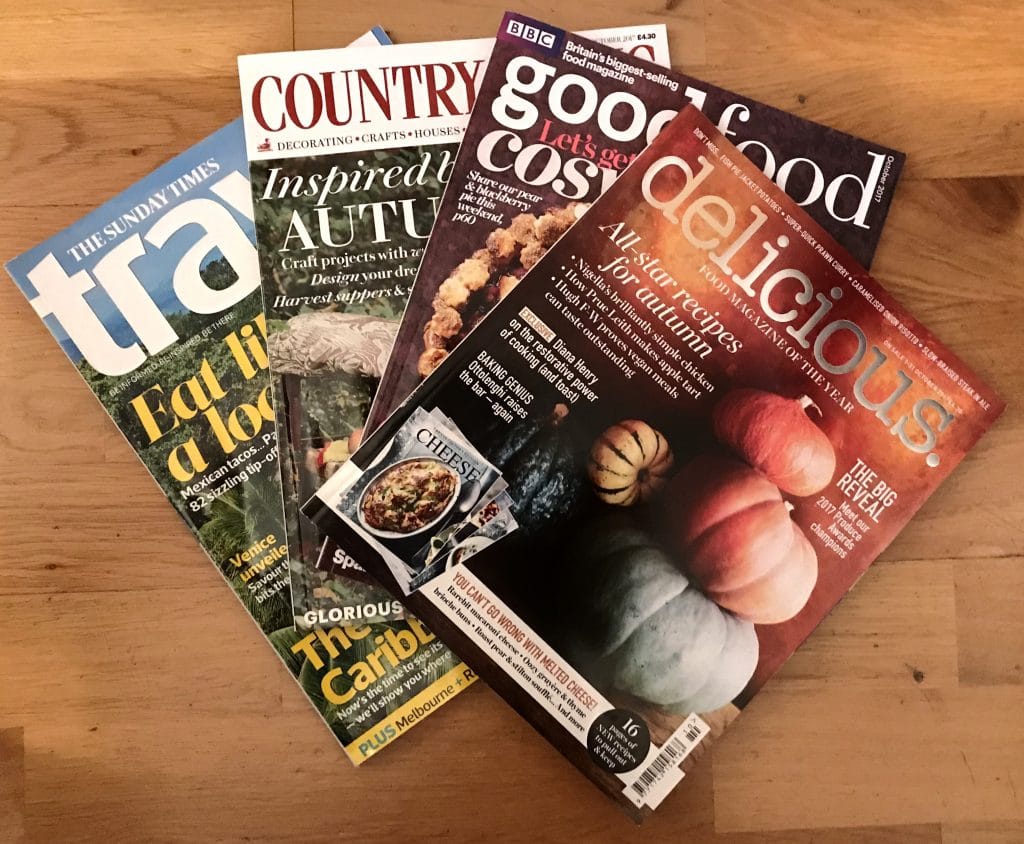Top tips for English language learners
Learning EnglishOK, so you never thought it was going to be easy but on the other hand, you hadn’t expected learning English to be quite so difficult. Learning another language is a major undertaking but it can be done provided you are prepared to commit the time and energy. So how can you speed things up a bit and help yourself to learn English?
Commitment and motivation
Ask yourself why you want to learn English. Is it for your job? Your kids? Or simply for your personal satisfaction? Once you have identified your reasons, you’ll find it easier to commit 100% to learning or improving your English.
Read anything and everything
It has never been easier to get hold of English texts. Find something you enjoy reading, whether in the form of books, newspapers or online blogposts. Our regular posts on London and learning English are a good starting point!

Listen
The same is true of listening. Choose from podcasts, films, radio, music or television. The important thing is to find something that interests you, whether that is politics, blogging or cooking, and subscribe to podcasts in English. Little and often is the secret weapon here – 10-15 minutes listening at least four times a week is far better than an hour once a week.
What to listen out for
Listen to a podcast several times, once or twice for comprehension and then to listen to sound patterns. This will help you with your pronunciation of specific words and the cadence of a sentence.
Pronunciation skills
Watch people talk, look at the shape of their lips and the position of their tongue. There’s no way of pronouncing the English ‘th’ sound without sticking out your tongue!
Be a chatterbox
Rule number one is be prepared to make mistakes and not be embarrassed – ask for directions, order food and talk to strangers.

Rule number two: Practice by talking out loud to yourself.
Speaking English
There’s no quick fix but to speak great English, a sound knowledge of idioms, phrasal verbs and word partnerships is essential. If anyone needs an example, remember that we don’t do mistakes, we make mistakes; and the meaning of the verb cut will vary considerably, depending on whether we follow it with the preposition back, down, in, off or out.
Building your vocabulary
Make a note of new vocabulary and explore variations of words to increase your knowledge. Find synonyms and antonyms for words and practise using them in different contexts.
For example, take the root word count: Count – countless – discount – count on – countable
Grammar skills
Just by writing a paragraph every day, you can slowly improve your grammar. Start an English diary or write an email to an imaginary friend.
Have fun!
Play games, do crosswords and code word puzzles to build your vocabulary and learn spelling patterns.
Be realistic
Don’t set yourself up for failure. By establishing realistic, achievable targets, you are more likely to stay motivated.





